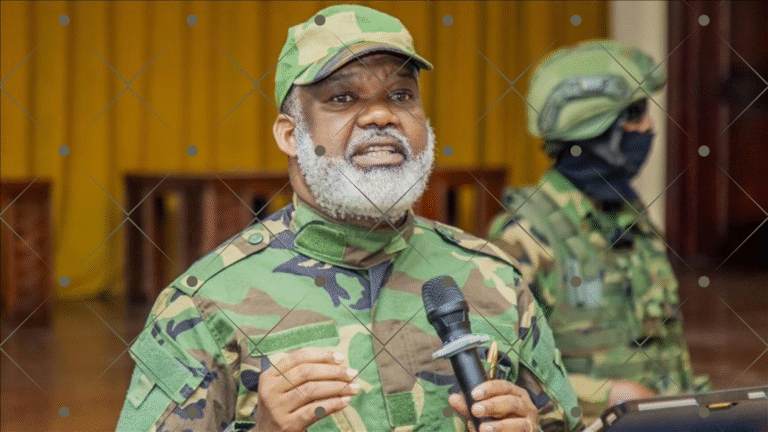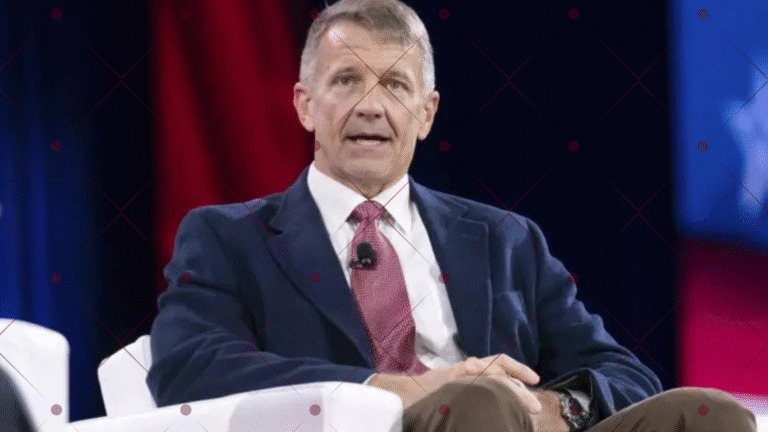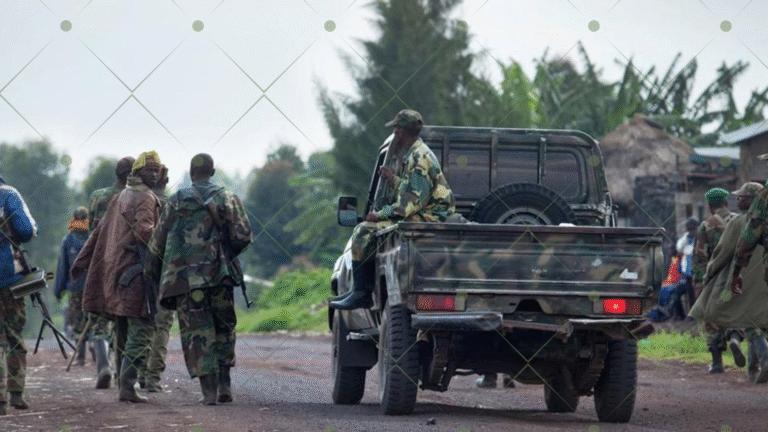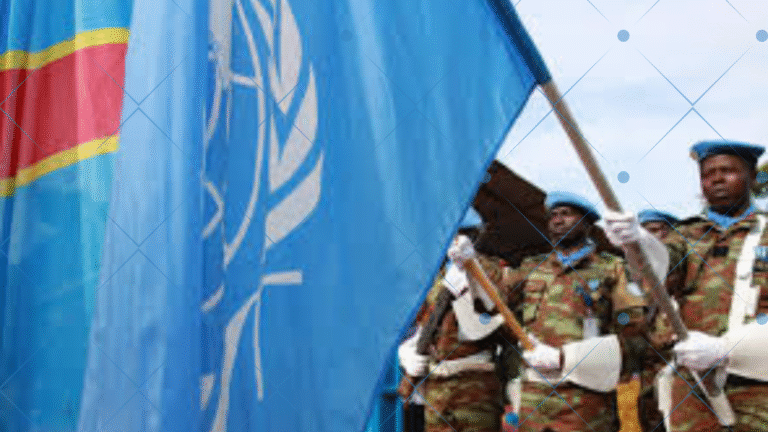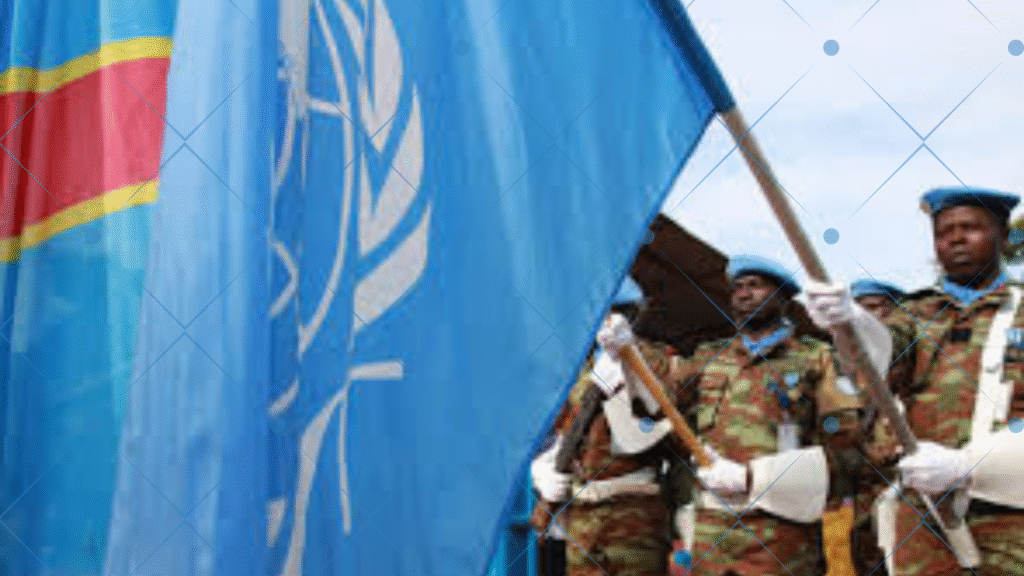
The reduction of funding from the UN has compelled the Office of the High Commissioner for Human Rights to halt a fact-finding mission regarding crimes in eastern DRC. This decision stems from the cessation of contributions from the United States, coinciding with the recent peace agreement signed by Kigali and Kinshasa.
A knowledgeable pacifist, capable of illustrating whether the circumstances in the DRC should evoke hope or despair, is indeed insightful. This past weekend of June 28, Donald Trump exuberantly praised the commencement of a “new chapter of hope,” made feasible by the peace agreement signed in Washington between the DRC and Rwanda.
From a more pessimistic perspective, it is noted that the M23 is notably absent from this diplomatic gathering, and it remains exceedingly challenging to clarify the atrocities occurring in the eastern regions of the Congo.
Recently, Volker Türk, the United Nations High Commissioner for Human Rights, declared the suspension of a fact-finding mission that has been investigating human rights abuses in the area since January 2022. This investigation, which was financed with $1.1 million from emergency reserves, reportedly gathered “a significant amount of evidence from victims and witnesses in the DRC, Rwanda, Burundi, and other nations.”
Unprecedented at the UNHCR
Initiated following the adoption of a Human Rights Council resolution last February and led by three independent experts, the mission aimed to “collect, compile, and analyze evidence” of human rights violations in the North and South Kivu provinces.
The official explanation for the mid-term suspension of this investigation was a shortage of funding. To continue its efforts, the Commission, as explained by Volker Türk, will need to wait “until” funds (if they become “available” again). This marks a first for the Office of the UN High Commissioner for Human Rights…
American Disengagement
The liquidity crisis confronting the institution is closely linked to the halt of funding from the United States. In relation to the DRC, the UN has reported a total reduction of $60 million in voluntary contributions compared to the previous year. Nevertheless, on May 31, Washington opted to suspend a payment of $36 million. This complicates the process of passing resolutions upstream as much as it does financing their repercussions downstream.
The Trump administration has signaled a commitment to reducing investments in international aid, especially concerning the safeguarding of human rights. Following the termination of 5,200 contracts with the Federal Development Agency (USAID), the UN is now facing significant budget constraints. Just weeks ahead of its 80th anniversary, the United Nations is teetering on the brink of default. An austerity plan appears unavoidable. At a time when international law is being casually disregarded, it is once again the nations of the South that will bear the brunt of this new global “architecture.”
